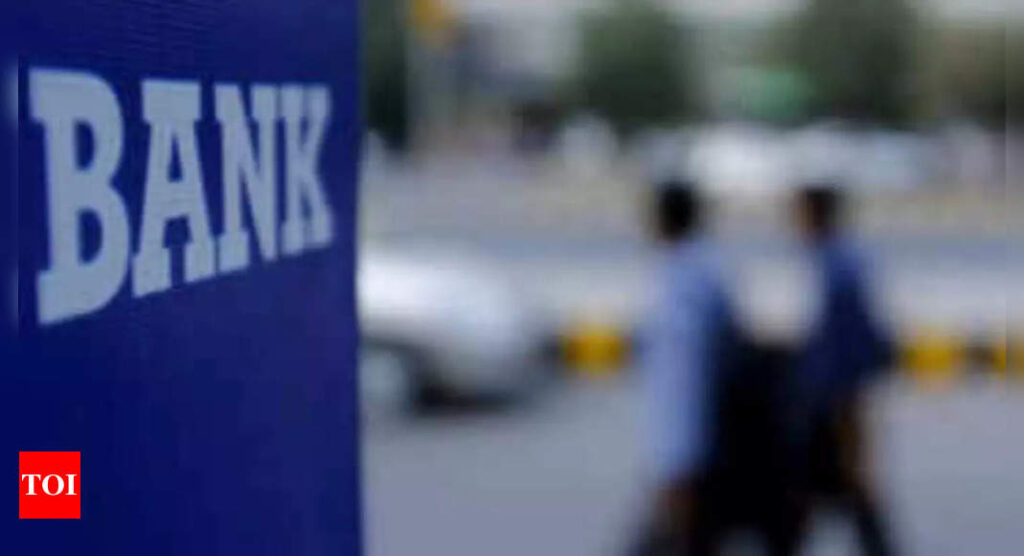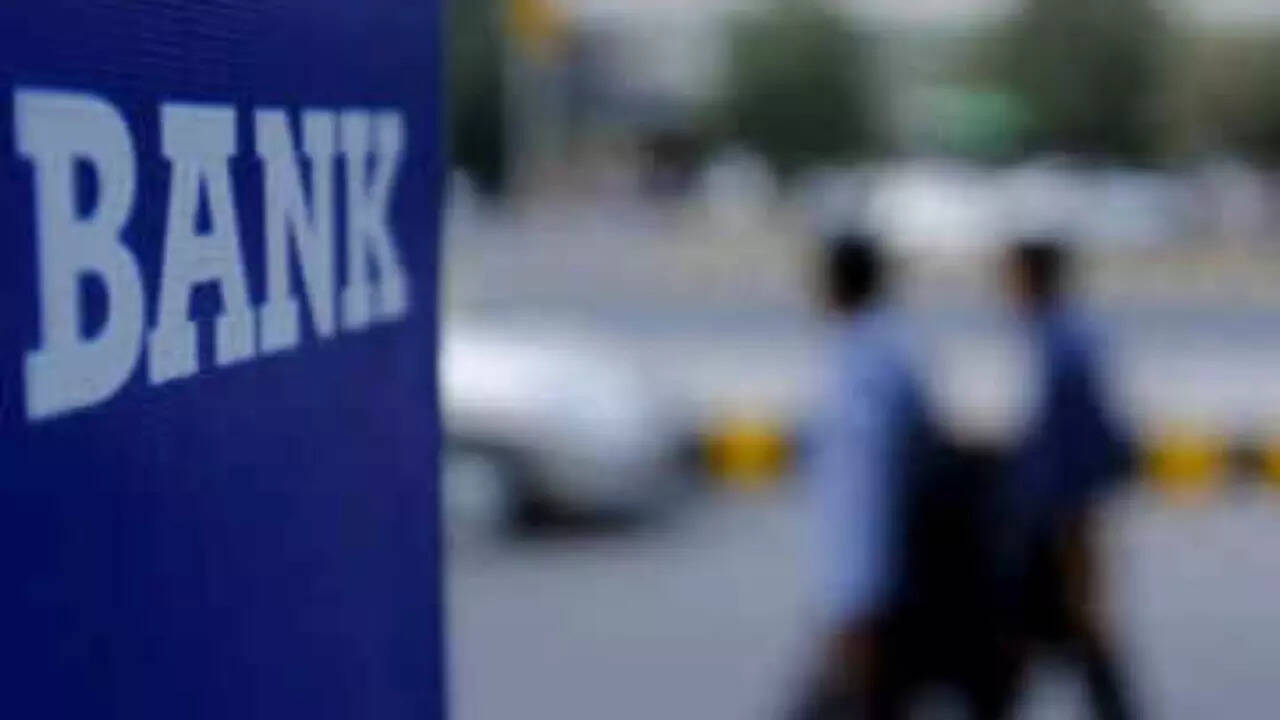[ad_1]
“Central Banks are statutorily mandated to pursue a given set of objectives. This means that they should address risks and threats that impact their core mission. Climate change does pose such a risk,” said Rao. The deputy governor said the central bank would release a disclosure framework on ‘Climate-related financial risks’ and guidance on Climate’ Scenario analysis and stress testing’. Rao spoke at a panel discussion on climate implications for central banking in New Delhi on July 19. Rao said measuring exposure to risks was required as climate events’ consequences, intensity, severity, and frequency are hard to measure and predict. Measuring the exposure would help determine their impact on banks and financial institutions.
“For this, we need time consistent, transparent, standardised, and forward-looking disclosures for the identification of vulnerabilities. At a firm level, the scenario analysis and stress testing,” he said. Rao added that central banks across the globe are already encouraging banks and other lenders to identify such vulnerabilities. Highlighting the role of the central bank, Rao said they are uniquely placed to influence the behaviour of institutions within the financial system, incentivise climate-friendly investments, and support the mobilisation of capital for sustainable development.
[ad_2]
Source link











More Stories
India’S Growth Forecast: S&P ups India’s FY’24 growth forecast to 6.4% on robust domestic momentum
India to remain fastest-growing major economy, but demand uneven: Poll
Jack Ma: Jack Ma gets back into business with ‘Ma’s Kitchen Food’